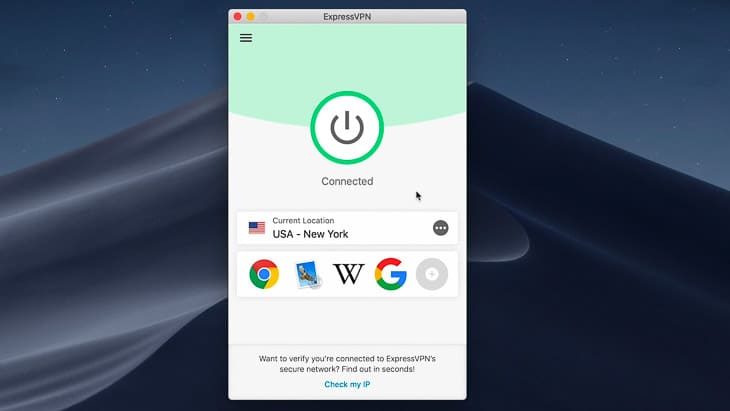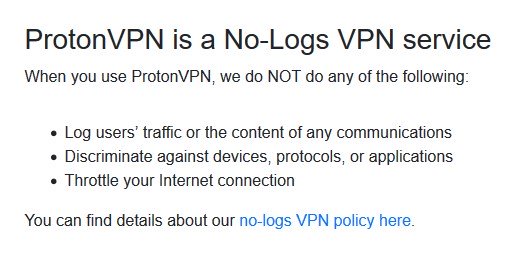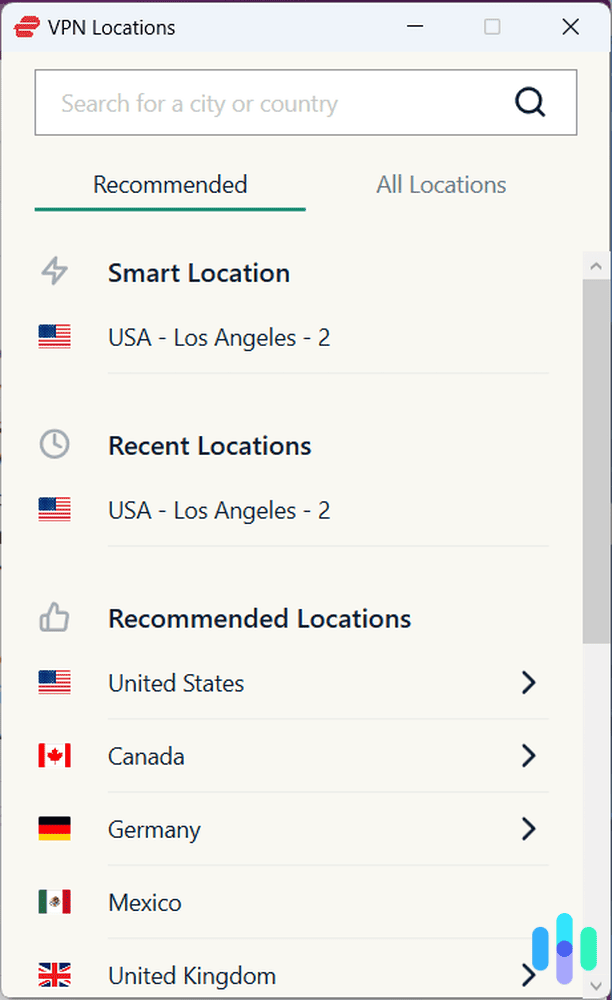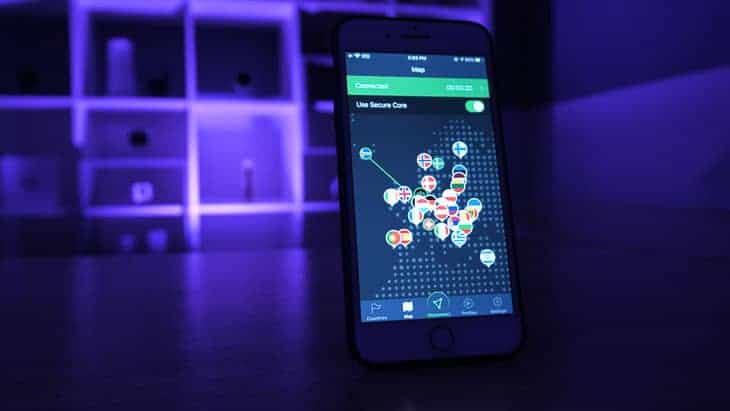ExpressVPN vs. ProtonVPN
We compared two of the most popular VPNs on the market and put them through our rigorous testing.


Winner
Best Browser Support

View Plans
Links to ExpressVPN
- Based in British Virgin Islands, so not subject to international surveillance alliances’ jurisdiction
- Over 3,000 servers in 105 locations
- Split tunneling available
Best Speed

View Plans
Links to Proton VPN
- The company's headquarters are in Geneva, Switzerland, which means it isn’t under the jurisdiction of any international surveillance alliances.
- Strict logging policies and annual transparency reports ensure that customer data is untraceable and secure.
- A free version is available, in addition to subscription options starting at $4.99 a month.






